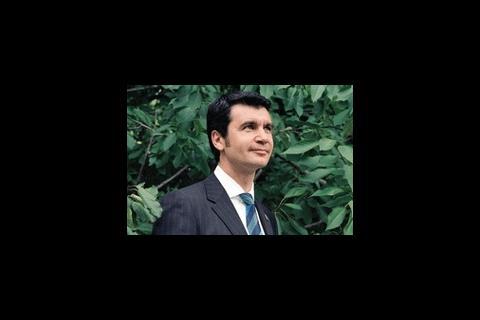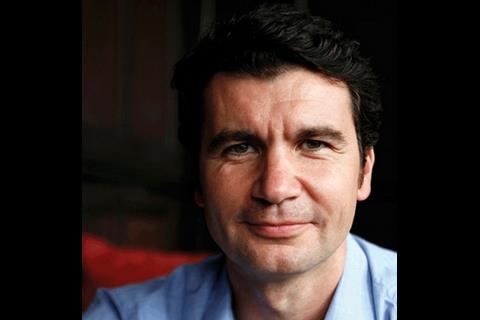In his first online column for Building Paul King expresses relief at the delayed election but demands sustainability to be "at the heart of the political narrative"
For those of us with an interest in lobbying our decision-makers in Westminster, it’s been an extraordinary few weeks.
It was always going to be a busy autumn for the UK Green Building Council – we didn’t exist this time last year - and the new Parliamentary term had long been earmarked for a fairly hectic round of meetings with key ministers, special advisors and opposition party spokesmen. But for a while everything was on hold - and ministers stopped making diary commitments - as the Prime Minister let election fever veer out of control before last weekend’s sudden (and embarrassing) emergency stop.
I was at the Labour conference in Bournemouth, representing the UK-GBC with a colleague, and the excitement amongst the party faithful, led by junior ministers and eagerly lapped up by journalists and lobbyists, was palpable. We got on with the usual stuff – fringe meetings with Communities Secretary Hazel Blears, tour of M&S eco-store with Energy Minister Malcolm Wicks – but it felt a bit like all the standard conference activity was taking a backseat, as expectations rose that an election would be called.
It’s hard to pin point exactly when the mood changed, but at the Conservative conference in Blackpool, the political wind shifted, and it was intriguing to see it first hand. In the ridiculous game of double-bluff, the Tories had to pretend they were up for an election when none of them genuinely were, and in order to make the PM think twice, they’d have to pull off something they haven’t been great at for a few years – appearing united, and electable. But somehow, it worked. George Osborne struck gold with the move on inheritance tax, and David Cameron put in a skilled performance, script-free, to set out his most coherent case yet for what he stands for. The polls did the rest.
The good news
From a UK-GBC point of view, I’m glad there wasn’t an election (although I don’t think Gordon took that into account). Mainly because it has been an incredibly busy few months since joining in June, and an election would have meant sending into limbo some key pieces of work we’re doing for, and in partnership with, Government. High priorities include a project on zero carbon in new non-domestic buildings and work across departments to produce a sustainable construction strategy with real ambition.It also means that we’ve got more time to talk with the Conservatives, to persuade the shadow cabinet that much of the Quality of Life review, particularly the Built Environment chapter, deserves to be made party policy – and indeed championed in Westminster, where politics has become competitive again.
The challenge
But I think our main challenge to all three of the political parties, is not just to tick particular policy boxes, but to put a sustainable built environment at the heart of their political narratives. Too often climate change is cited as “the most urgent of threats” but in reality the environment is seen as an add-on, an optional extra. I want to hear more from our politicians about the potential for quality design, in new and existing communities, to be central to our quality of life – socially, economically and environmentally. And in many cases, catch up with the private sector, and UK-GBC membership, in recognising that a sustainable built environment is good for business, good for people and good for the planet.Postscript
Paul King is chief executive at the UK Green Building Council. The UKGBC is holding a debate on the Merton Rule next Wednesday (17 October). Go to UK Green Building Council website for more details





























No comments yet